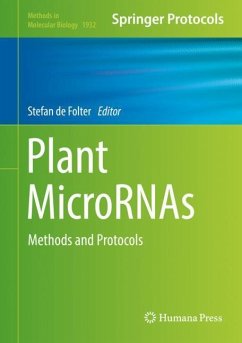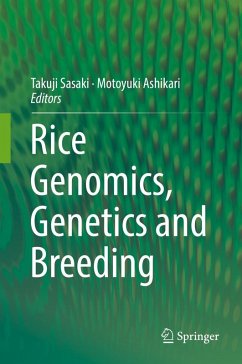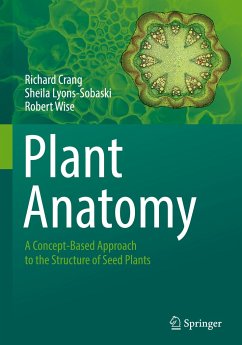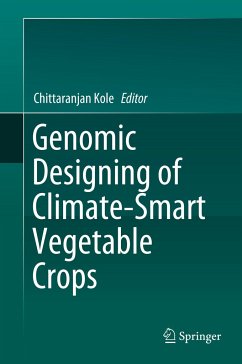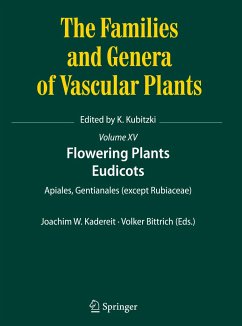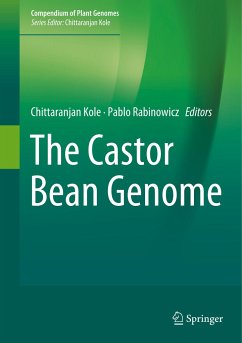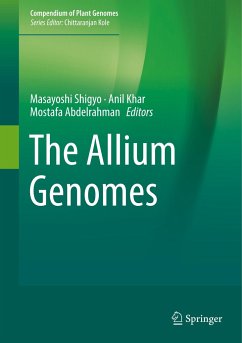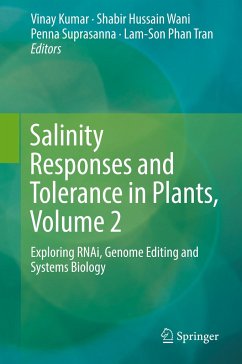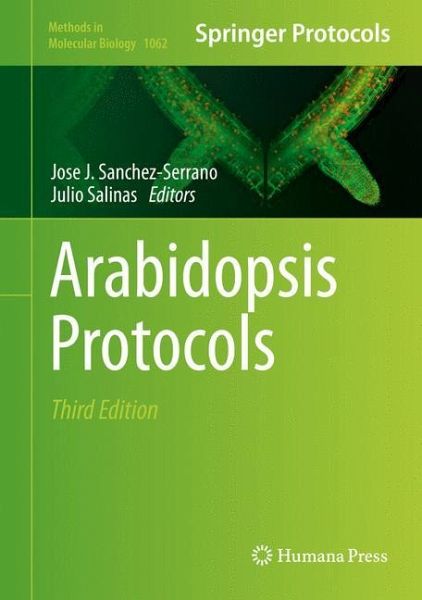
Arabidopsis Protocols

PAYBACK Punkte
76 °P sammeln!
Arabidopsis Protocols, Third Edition compiles some of the most recent methodologies developed to exploit the Arabidopsis genome. These methodologies cover from the guided access to public resources, to genetic, cell biology, biochemical and physiological techniques, including both those that are widely used as well as those novel techniques likely to open up new avenues of knowledge in the future. In addition, considering the recent unparalleled progress of the "omics" tools in Arabidopsis, leading experts have contributed sections on genome, transcriptome, proteome, metabolome and other whole...
Arabidopsis Protocols, Third Edition compiles some of the most recent methodologies developed to exploit the Arabidopsis genome. These methodologies cover from the guided access to public resources, to genetic, cell biology, biochemical and physiological techniques, including both those that are widely used as well as those novel techniques likely to open up new avenues of knowledge in the future. In addition, considering the recent unparalleled progress of the "omics" tools in Arabidopsis, leading experts have contributed sections on genome, transcriptome, proteome, metabolome and other whole-system approaches. Arabidopsis thaliana is acknowledged as the most important plant model system by the scientific community and Arabidopsis research has fundamentally influenced our understanding of the basic biology and ecology of plants. Written in the successful Methods in Molecular Biology series format, chapters include introductions to their respective topics, lists of the necessary materials and reagents, step-by-step, readily reproducible protocols, and notes on troubleshooting and avoiding known pitfalls.
Authoritative and easily accessible, Arabidopsis Protocols, Third Edition seeks to serve both experienced researchers and beginners with its detailed methodologies on this burgeoning scientific field.
Authoritative and easily accessible, Arabidopsis Protocols, Third Edition seeks to serve both experienced researchers and beginners with its detailed methodologies on this burgeoning scientific field.




